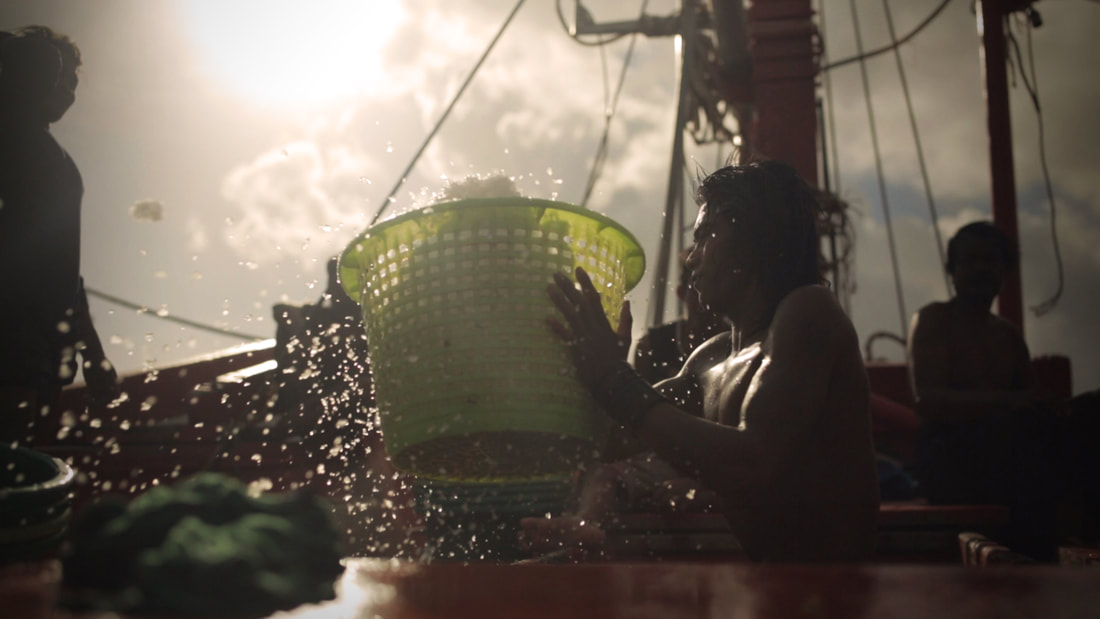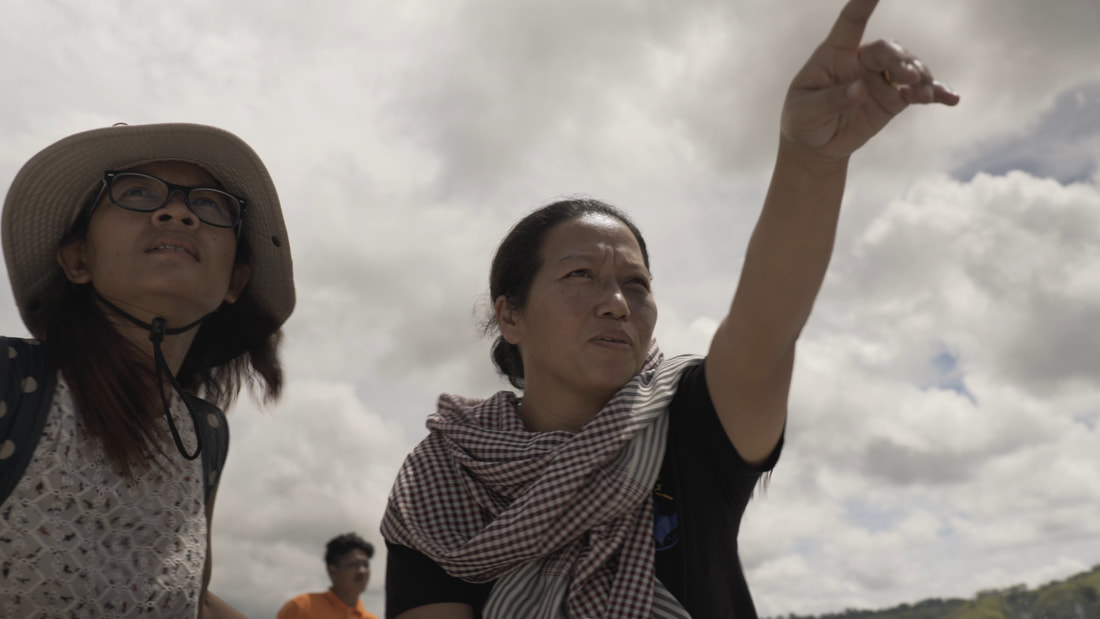|
We reached out to our festival filmmakers to ask them five questions about the experience of making their films.
What inspired this story?
Director Jeffery Waldron: Years ago, my co-director Shannon Service (and her writing partner) published a story on NPR about slavery in the Thai fishing industry, detailing the unbelievable true story of an escaped captive fisherman. Moved by the piece, producer Greg Kwedar reached out to Shannon and I about making a documentary. Over the next six years and many trips to the region, we began to weave the elements that would become Ghost Fleet; challenging ourselves to balance the unfolding journey of our hero, Patima, with strong visceral imagery echoing the experiences of the enslaved men. Describe some of the challenges faced while making this film/program? JW: There are many challenges to shooting an international documentary like Ghost Fleet. With multiple trips over the years — last minute crew and equipment availability, improvised travel plans, expedited visas, and the inherent dangers of working in sensitive areas and subject matters were among the trickiest waters to navigate. The language barrier was a major hurdle with six languages appearing in the film. There were as many logistical and creative challenges in the edit room as behind the camera; again with so much translation required, so many capture formats (with more than seven different camera systems), but especially in discovering and establishing the subjective language of the film — fitting those many hard-won puzzle pieces together.
How do you approach storytelling?
JW: Our aim was to tell this story with visual elements as gripping and memorable as a narrative film — knowing that there’s a big difference between simply educating an audience about a topic and making them feel and empathize in a deeper, sense-driven way. Balancing Shannon’s amazing journalistic instincts, and my experience as a narrative cinematographer and photography-forward documentary director — we were able to combine our strengths. What impact do you hope this film/program will have? JW: Our dream is that this film moves people; emotionally, in empathy with the plight of the thousands of still enslaved or marooned men; inspired by the continuing works of our hero Patima; and in action, to look more critically at the fish they buy, to share the film and its message with everyone they know, and to donate to Patima’s efforts at wesaveoursons.org.
0 Comments
Leave a Reply. |
Archives
March 2024
Categories
All
|
Contact UsJackson Wild
240 S. Glenwood, Suite 102 PO Box 3940 Jackson, WY 83001 307-200-3286 info@jacksonwild.org |



 RSS Feed
RSS Feed